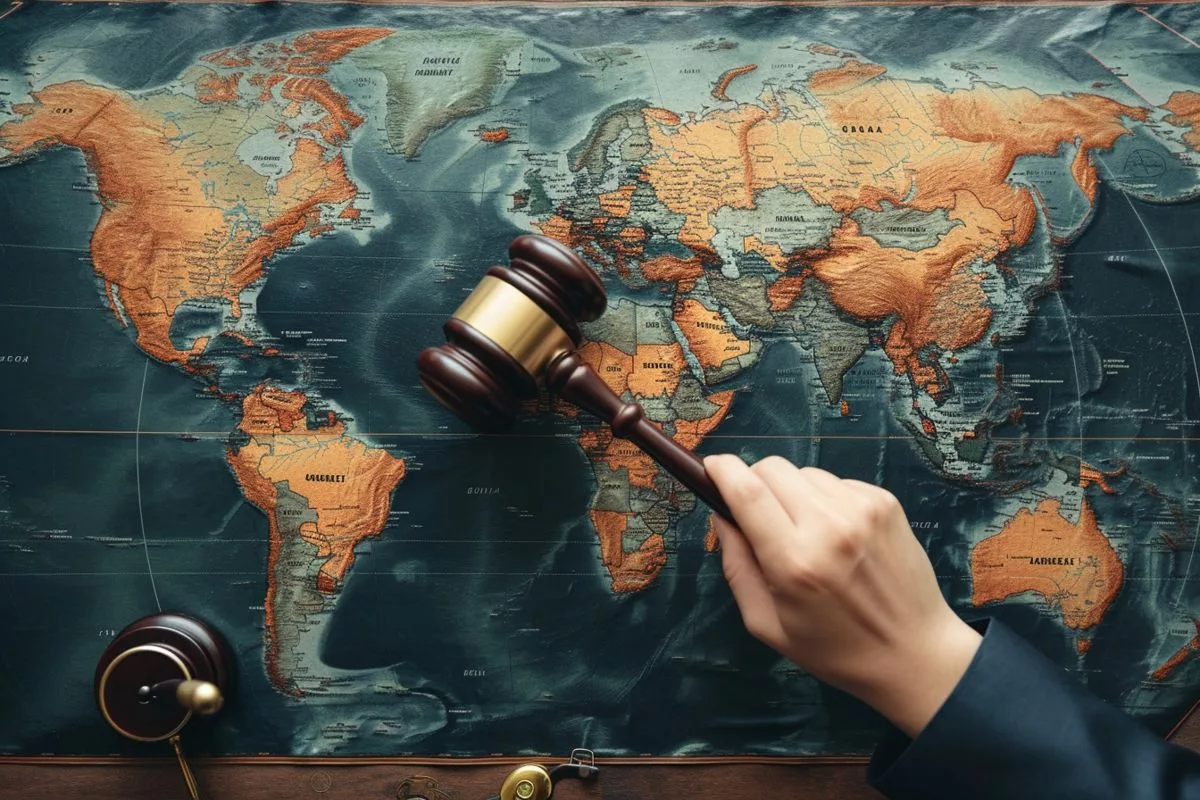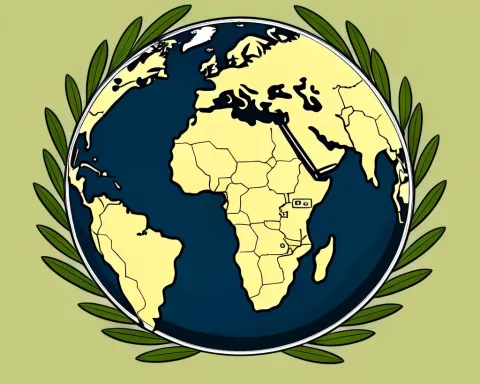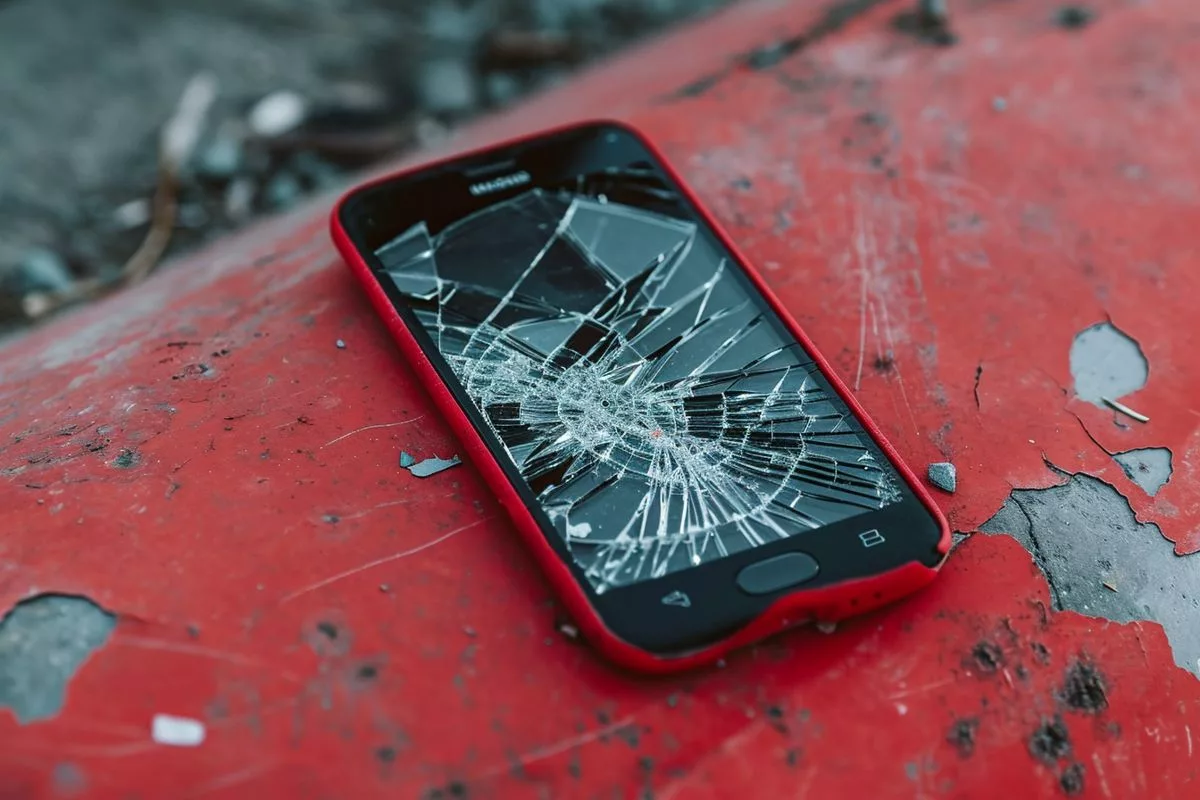South Africa is preparing to battle Israel in the International Court of Justice, aiming to force Israel to cease its military operations in Gaza, which the South African government has called “genocide.” The legal team, referred to as the “A-team,” includes top legal minds with expertise in international law and a flair for presenting compelling arguments in court. This case has deep historical and political ties to the Palestinian cause and has implications for South Africa’s global standing and internal political dynamics. While the case could potentially boost South Africa’s reputation among its allies, enforcing the ICJ’s rulings may pose a challenge.
A skilled group of South Africa’s top legal minds is preparing for a courtroom clash with Israel in the International Court of Justice. Their aim is to force Israel to cease its military operations in Gaza, which the South African government has termed “genocide”. This case has implications not only for the contesting parties but also for South Africa’s global standing and its internal political dynamics.
Preparing for a Legal Showdown
As day breaks in the diplomatic nerve center of The Hague, a skilled group of South Africa’s top legal minds is gearing up for a courtroom clash that could significantly alter the international relations landscape. Their adversary is Israel, they face off in the International Court of Justice (ICJ). Their aim: to force Israel to cease its military operations in Gaza, which the South African government has termed “genocide”. This impending legal confrontation is a milestone case, with implications not only for the contesting parties but also for South Africa’s global standing and its internal political dynamics.
This formidable legal team, referred to as the “A-team” by Cathleen Powell, a distinguished professor of international law, harnesses a powerful combination of international law expertise and a flair for presenting compelling arguments in court. Illustrious members like John Dugard, a former UN envoy on human rights in the Palestinian territories, and Tembeka Ngcukaitobi, a skilled litigator known for handling politically charged domestic cases, add to the team’s strengths.
The Historical and Political Connection
The lawsuit is far from being an arbitrary undertaking for South Africa. The country’s ruling party, the African National Congress (ANC), shares deep historical and political ties with the Palestinian cause. Quoting Nelson Mandela’s renowned words, President Cyril Ramaphosa stated, “South Africa’s freedom would not be complete without the freedom of the Palestinians.”. He emphasized that the case is a matter of principle and expressed South Africa’s resolve to support the Palestinian people.
However, underneath this principled stance on the international stage, a domestic political upheaval is brewing. The ANC, with parliamentary elections on the horizon, grapples with falling support amid allegations of corruption and mismanagement. Analyst Sara Gon from the Institute of Race Relations sees this case as a strategic move by the ANC to reclaim its dwindling prominence, portraying it as aligned with the party’s core values, possibly diverting attention from its internal issues.
Mixed Domestic and International Reactions
The lawsuit, nonetheless, has elicited differing views within South Africa’s diverse populace. While the Muslim community may perceive the case positively, the reaction of the conservative Christian majority awaits to be seen. There has been condemnation from some Christian leaders and the Jewish Board of Deputies, which represents the largest Jewish community in sub-Saharan Africa, describing the move as a “press-seeking stunt” and voicing fears about increasing anti-Semitism.
On a global scale, the case could potentially realign South Africa’s diplomatic relations. As a member of the BRICS (Brazil, Russia, India, China, and South Africa), South Africa views this group as a counterweight to the predominantly Western international order. The lawsuit might boost its reputation among its BRICS allies and other nations critical of Israel. Luiz Inacio Lula da Silva, Brazil’s President, has already pledged his support for South Africa’s cause.
The Foundation and Repercussions of the Case
The lawsuit is predicated on the UN Genocide Convention, an agreement that both Israel and South Africa have ratified. In an 84-page legal document, the South African team presents a cogently argued case, claiming Israel’s military activities in Gaza as acts of genocide. Israel, however, has categorically denied these allegations, with government representative Eylon Levy labeling the case an “absurd blood libel.”
The initial stages of this legal fight are set to commence on Thursday, and a verdict is anticipated within weeks. Nonetheless, it’s important to note that while the ICJ’s rulings are obligatory, enforcing them can pose a challenge. Historically, some of its rulings have been disregarded entirely.
This legal saga may potentially influence South Africa’s domestic and international stature. It’s more than just a legal dispute in a courtroom. It’s a reflection of the principles, politics, and power dynamics operating on the world stage. Amid the tumult of international diplomacy, South Africa is readying to make its voice heard in the ICJ, presenting their case against Israel’s actions in Gaza. The case represents not only South Africa’s legal acumen and diplomatic assertiveness but also mirrors its internal pressures and global aspirations.
What is the aim of South Africa’s legal team in the International Court of Justice?
The aim of South Africa’s legal team is to force Israel to cease its military operations in Gaza, which the South African government has called “genocide.”
Who are the members of South Africa’s legal team?
The members of South Africa’s legal team include top legal minds with expertise in international law, such as John Dugard, a former UN envoy on human rights in the Palestinian territories, and Tembeka Ngcukaitobi, a skilled litigator known for handling politically charged domestic cases.
Why is this case important for South Africa?
This case has implications not only for the contesting parties but also for South Africa’s global standing and its internal political dynamics. The ruling African National Congress (ANC) shares deep historical and political ties with the Palestinian cause, and this case reflects the country’s principled stance on the international stage. However, the case may also be seen as a strategic move by the ANC to reclaim its dwindling prominence ahead of parliamentary elections.
How has the lawsuit been received within South Africa?
The lawsuit has elicited differing views within South Africa’s diverse populace. While the Muslim community may perceive the case positively, the reaction of the conservative Christian majority awaits to be seen. There has been condemnation from some Christian leaders and the Jewish Board of Deputies, which represents the largest Jewish community in sub-Saharan Africa, describing the move as a “press-seeking stunt” and voicing fears about increasing anti-Semitism.
What is the foundation of South Africa’s case against Israel?
The lawsuit is predicated on the UN Genocide Convention, an agreement that both Israel and South Africa have ratified. In an 84-page legal document, the South African team presents a cogently argued case, claiming Israel’s military activities in Gaza as acts of genocide.
What are the potential repercussions of the case?
The case could potentially realign South Africa’s diplomatic relations, especially with its BRICS allies and other nations critical of Israel. However, while the ICJ’s rulings are obligatory, enforcing them can pose a challenge, as historically, some of its rulings have been disregarded entirely.












